Experts meet in Bangkok this week to advance what would be the first international treaty to tackle the surging problem of plastic pollution. Final treaty negotiations take place in South Korea in November.
Yet most of the people who have been closely tracking the negotiations — environmentalists, tribal leaders and residents from communities hard-hit by plastic production and waste — are shut out of the talks in Bangkok.
Many plastic industry representatives say they can’t get into the room either.
In a series of letters to the United Nations Environment Programme, the meeting sponsor, hundreds of organizations said the closure runs counter to typical international environmental treaty-making. They said organizers have a responsibility to be transparent and allow public participation. They worry the approach in Bangkok could set a bad precedent.
In earlier meetings of the UN Intergovernmental Negotiating Committee on Plastic Pollution in 2022 and 2023, countries spent a lot of time debating rules and procedure, including how they would vote on decisions.
This meeting of subject matter experts is the first where the substance of what could go into the treaty will be discussed in detail. It runs through next week.
Negotiating committee Executive Secretary Jyoti Mathur-Filipp replied in a letter that she wasn’t authorized to let people in and countries had not agreed on having observers participate.
U.N. documents only spell out member states and selected technical experts as participants.
The Bangkok meeting is less formal than a treaty negotiation, she said. It is not unprecedented in U.N. treaty processes for technical experts to meet amongst themselves, Mathur-Filipp said in a written statement to the news agencies.
That being said, she wrote, observers are important to environmental treaties and “we work very hard” for them to be able to participate.



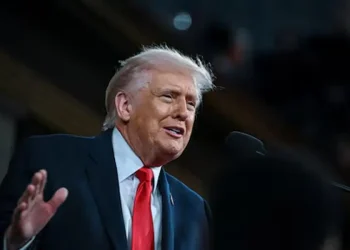
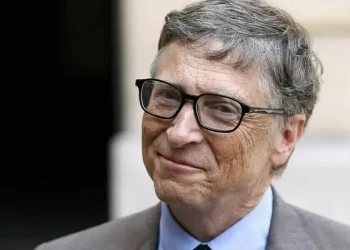

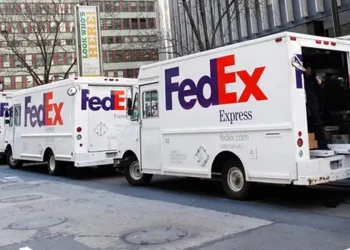
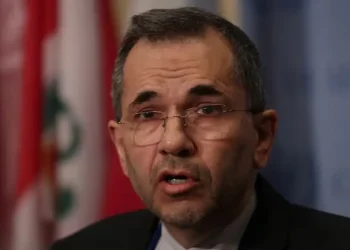
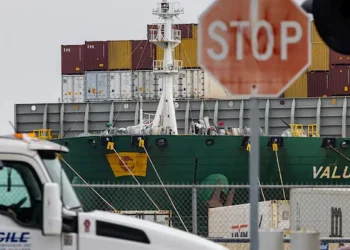

 American Dollar Exchange Rate
American Dollar Exchange Rate